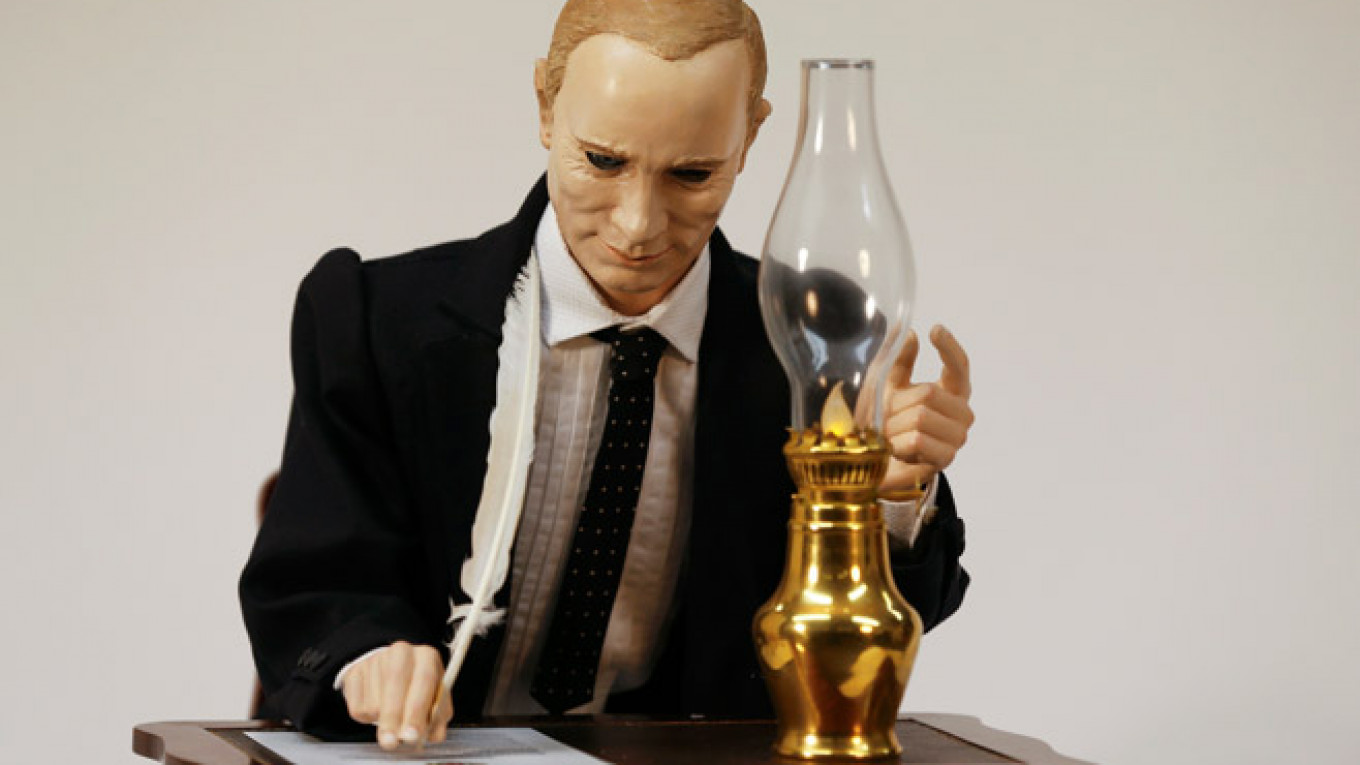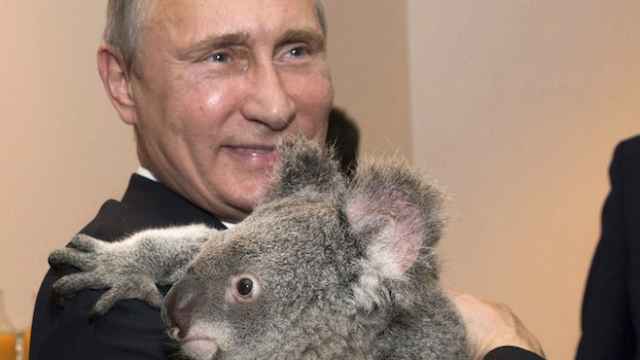A leading Australian dictionary has added a new definition to its pages following Prime Minister Tony Abbott's threat to "shirt front" Russian President Vladimir Putin at this year's G20 meeting in Brisbane.
"Look, I'm going to shirt front Mr Putin ... you bet I am," Abbott told reporters in Queensland in October, as he announced his intention to confront Putin over the downing of flight MH17 in Ukraine this July. In all, 38 Australians lost their lives in the crash, which Western nations believe was caused by pro-Moscow rebels armed with weapons provided by Russia.
According to the current definition in the Macquarie Dictionary — widely considered to be the leading authority on Australian English — a shirt front is a "head-on charge aimed at bumping an opponent to the ground."
But after Abbot's threat earlier this year, the dictionary will as of January update its definition of "shirt front" to mean "confronting someone with a complaint or grievance," Britain's The Guardian reported Monday.
After being isolated by the majority of world leaders, Putin left early from this year's G20 summit, which was held from Nov. 15-16, saying he needed to catch up on some sleep.
A Message from The Moscow Times:
Dear readers,
We are facing unprecedented challenges. Russia's Prosecutor General's Office has designated The Moscow Times as an "undesirable" organization, criminalizing our work and putting our staff at risk of prosecution. This follows our earlier unjust labeling as a "foreign agent."
These actions are direct attempts to silence independent journalism in Russia. The authorities claim our work "discredits the decisions of the Russian leadership." We see things differently: we strive to provide accurate, unbiased reporting on Russia.
We, the journalists of The Moscow Times, refuse to be silenced. But to continue our work, we need your help.
Your support, no matter how small, makes a world of difference. If you can, please support us monthly starting from just $2. It's quick to set up, and every contribution makes a significant impact.
By supporting The Moscow Times, you're defending open, independent journalism in the face of repression. Thank you for standing with us.
Remind me later.






